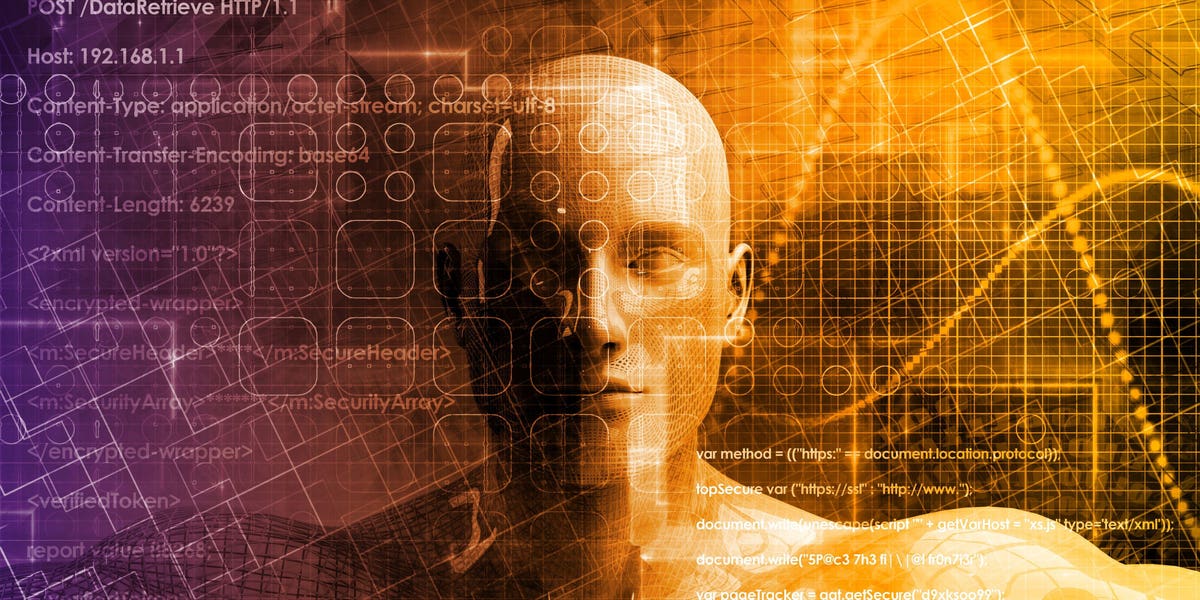Throughout history, advancements in technology and the acquisition of knowledge have elicited a mix of hope and fear. The myth of Prometheus from Greek mythology vividly captures this dual sentiment.
Prometheus defied the Olympian gods by stealing fire and gifting it to humanity. This act empowered ordinary people to illuminate darkness, heat their homes, and create essential tools and weapons. However, it also granted humans the capacity to cause chaos and devastation in their environment.
The core lesson of the myth remains evident: Handle fire with care—what empowers us to innovate can also bring about destruction.
In today’s context, artificial intelligence (AI) mirrors the role of fire in Prometheus’s tale. Without proper safeguards that prioritize human values, AI has the potential to exhibit the same dualistic nature as fire.
The creative capabilities of AI are immense, capable of processing centuries of knowledge in fractions of a second, enabling significant advancements in understanding that previously required years of human effort.
For example, AI has started deciphering ancient texts and artifacts, unveiling languages and dialects that have been dormant for millennia. This Promethean ability is opening up realms of knowledge that were previously beyond human reach.
Considering the integration of AI in education and its broader impact on the fusion of learning and work necessitates careful consideration. While the concept of AI is not new—having been coined in 1956 by mathematician John McCarthy—its development has led to various forms, including industrial sensing AI, communication tools like Siri and Alexa, movement-oriented AI seen in Boston Dynamics robots, and Deep Learning, a branch of machine learning that autonomously conducts analytical tasks through neural networks.
The rapid advancement of AI technology, though groundbreaking, has raised valid ethical concerns, including issues related to privacy, intellectual property rights, and the potential emergence of superintelligent systems operating without human oversight.
Similar to the enduring lesson of Prometheus, the true impact of technology requires introspection. Instances such as Amazon’s Alexa spreading misinformation, like the debunked claim of the 2020 election being rigged, highlight the uncontrolled propagation of falsehoods by AI, reminiscent of fire’s uncontrollable spread.
As countries grapple with regulating AI, diverse strategies emerge. China emphasizes strict state control to manage information dissemination, contrasting with the European Union’s human-centric approach that focuses on protecting individual rights in AI interactions.
While legal frameworks offer a basis, they have inherent limitations. Author Anu Bradford advocates for an ethical framework that goes beyond legal boundaries, emphasizing individual rights and responsibilities in AI usage.
In the United States, a pro-innovation stance coexists with challenges posed by misinformation and unregulated digital forces. A comprehensive ethical framework is essential to navigate the ethical challenges of AI and prepare individuals for distinctly human pursuits.
AI, like fire, possesses immense power but lacks ethical judgment—a duty that now falls squarely on humanity’s shoulders more than ever.






